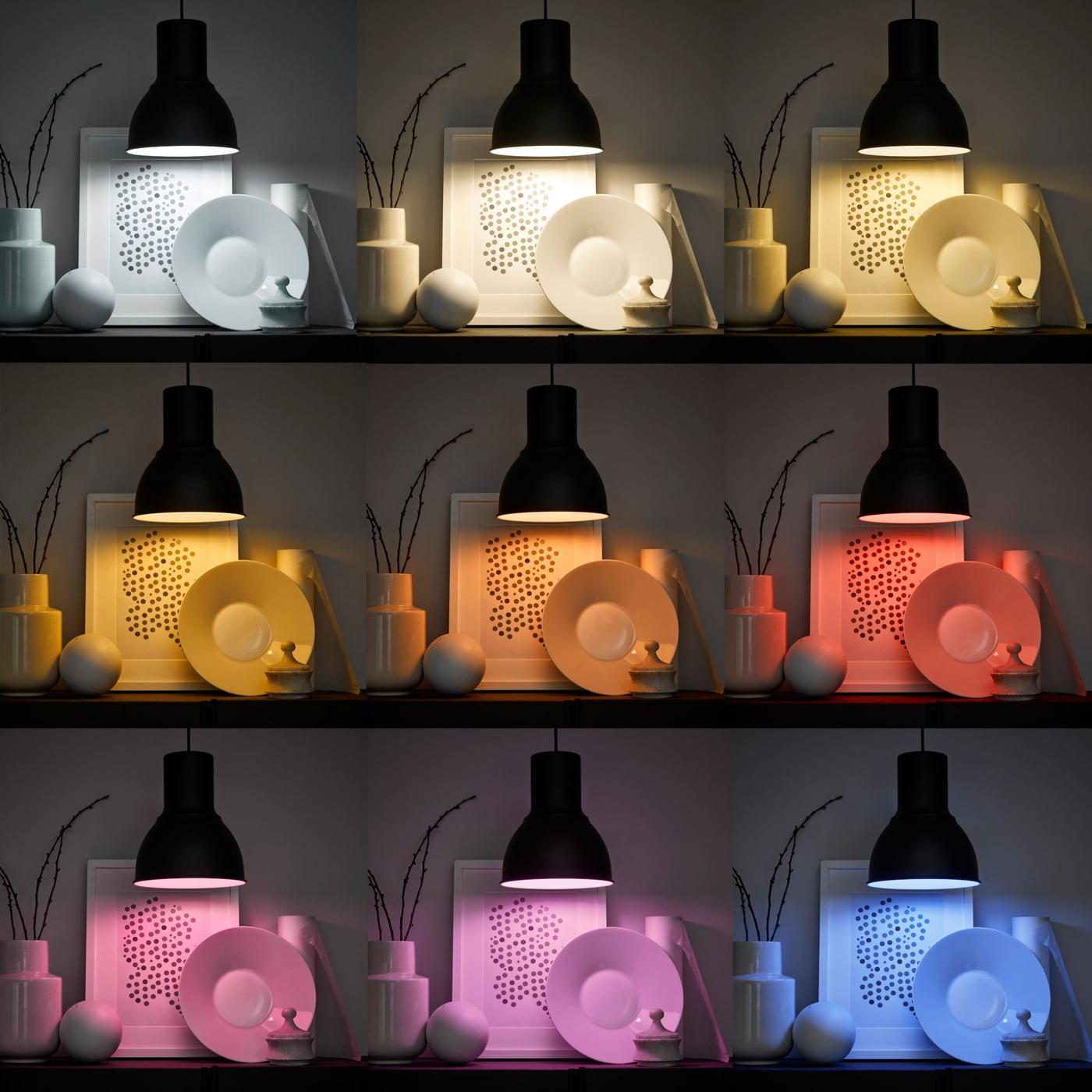IKEA's Smart-Home Reboot
- Yoel Frischoff

- Nov 18, 2025
- 2 min read
Updated: Dec 4, 2025

Announcement
IKEA just announced a full smart-home reboot – A barrage of 21 new Matter-based products launching in parallel.
Bulbs, sensors, remotes, plugs – all redesigned, all cheaper, all built on an open source multi-vendor interoperability standard.
What is the Matter standard, and why does it matter?
Matter is a universal smart-home standard designed to eliminate compatibility problems between devices from different manufacturers. It enables any certified device – lights, locks, sensors, appliances –to work seamlessly with major ecosystems like Apple Home, Google Home, Amazon Alexa, and Samsung SmartThings, using a single, open, IP-based protocol.

Launched in 2022 (after originating in 2019 as Project CHIP), Matter is developed by the Connectivity Standards Alliance (CSA), whose members include Amazon, Apple, Google, IKEA, Samsung, Huawei, and hundreds of other companies. The SDK is open-source under the Apache License, making development easier, though certification requires CSA membership.
Matter operates locally over Wi-Fi, Thread, Ethernet, and Bluetooth LE for onboarding. Because it uses standard IP technologies (IPv6, mDNS), devices are more responsive and keep functioning even when the internet is down.
The standard is updated roughly twice a year. Versions 1.0 through 1.4.2 have progressively added support for many device types—lighting, locks, thermostats, appliances (ovens, washers, refrigerators), energy-management systems, robot vacuums, EV chargers, and more—while improving setup, security, and multi-admin control.
Matter’s core promise is simple:
Buy any device with the Matter logo, and it will “just work”—locally, securely, and across ecosystems.
Significance
This marks one of the most consequential developments in the smart-home world in years, not because of new devices, but because of the sweeping breadth and massive scale of the ecosystem supporting it.
Ikea is one of the few global mass producer brands with the reach, trust, and physical presence to bring smart-home tech to households that would never touch Zigbee hubs, DIY automations, or premium “ecosystem tribes.”

When a company with over a billion annual store visits commits to a coordinated launch of twenty-one interoperable devices – all Matter-ready from day one – that’s democratization in action.
For a decade, the smart-home landscape has been shaped by two extremes:
premium brands like Philips building beautiful but siloed ecosystems; and
countless low-cost, low-identity vendors offering cheap devices with poor integration and short lifespans.
Neither brought the category into the mainstream, but Ikea just might.
A broad, synchronized product family based on an open standard is exactly the kind of nudge that moves us from fragmented early-adopter territory to everyday adoption – where the smart home is no longer a hobby, but a baseline expectation.
This feels like a milestone worth watching – especially to see when – and how – would other major consumer electronics vendors join the bandwagon.
Subscribe to the smart-tangibles IOT digest for other weekly news in this space.
This post dwells on new developments in the smart-tangibles space, covered in detail in my upcoming book: Smart Tangibles [How to Build Hardware Competitors Can't Copy and Customers Won't Leave] Smart Tangibles is scheduled for publication in 2026.





Comments